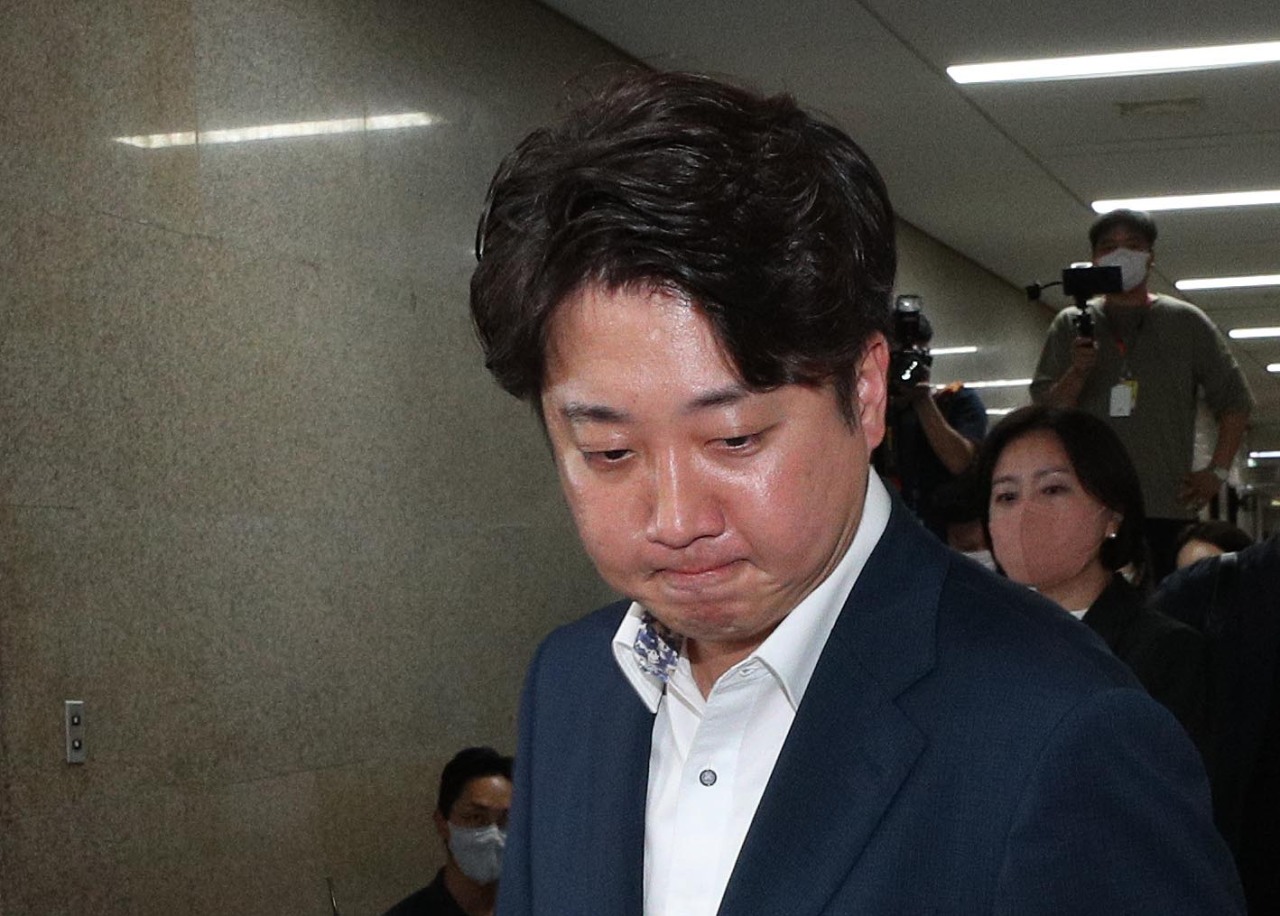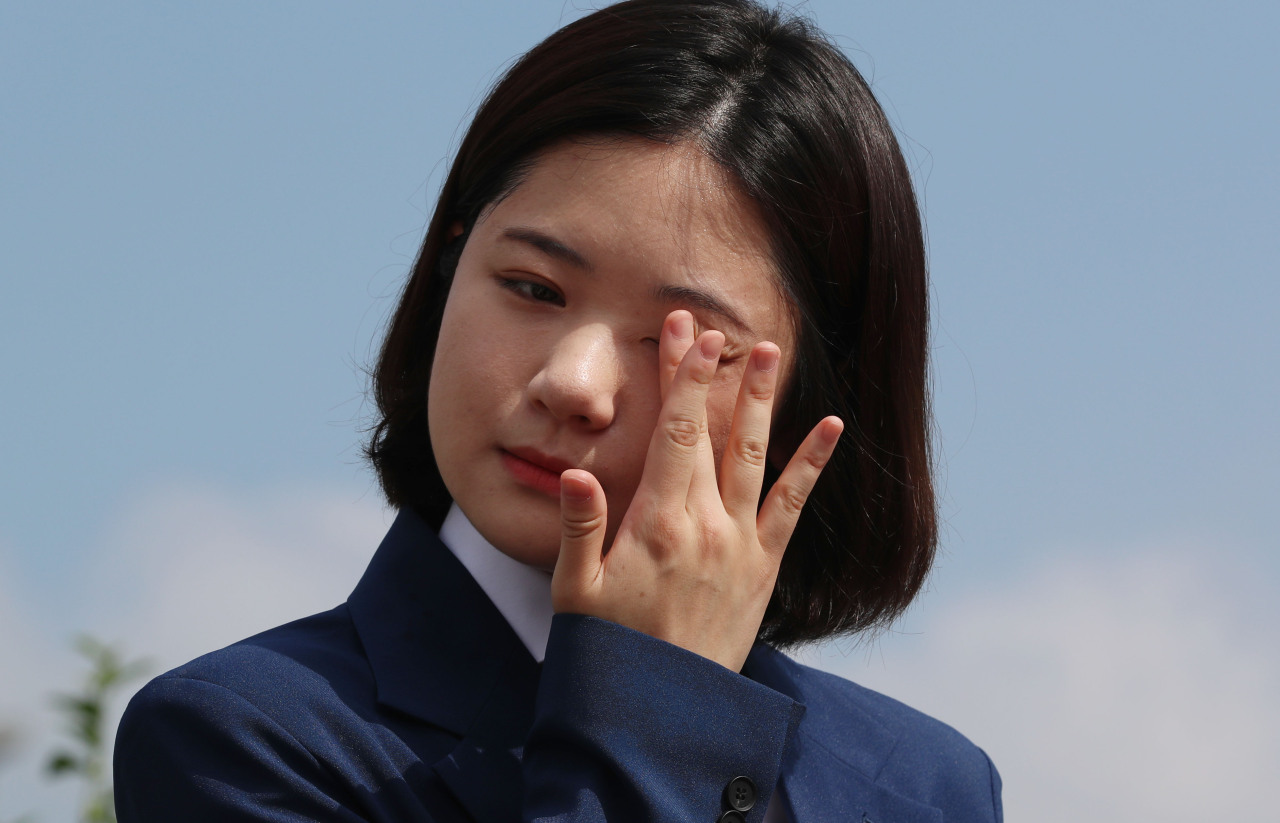Earlier this year, South Korea had two young figures sitting atop rival political parties as the living embodiment of their commitment to introducing new blood.
A few months and two major elections later, their place in the country‘s partisan politics seems increasingly tempestuous.
Lee Jun-seok, the chairman of the ruling People Power Party, saw his membership suspended by the party’s ethics committee earlier this month after allegations surrounding sexual bribery emerged.
Over at the liberal Democratic Party of Korea, Park Ji-hyun was denied candidacy registration for the party‘s leadership race after being in charge as a co-chair for the past three months.
 |
Lee Jun-seok (Yonhap) |
 |
Park Ji-hyun (Yonhap) |
The change in standings for these two young politicians comes as parties switch gears. S. Korea elected a new president in March and heads of local governments and council members in June. With two major elections over, normalcy is being resumed.
“Thanks to Park and Lee, voters in their 20s and 30s showed more interest in the elections. With the way the major parties are treating them now, however, young people will become more disaffected by politics,” said political science professor Yoon Jong-bin at Myongji University.
Except for their relatively young age – Lee is 37 and Park is 26-- the two share little common ground and what brought the sudden turn in their political fortunes is also very different.
For Lee, it was the sexual bribery accusation, which police are currently investigating.
As for Park, she launched a leadership bid despite failing to meet one of the qualifications required for someone to run -- being a fee-paying party member for at least six months.
As the youngest to ever be elected a major party leader, Lee has spoken out on issues that address the concerns of young male voters. He is widely credited for their recent support of the conservative party.
Park, who was until late last year an activist, is accredited for reaching young women voters during the presidential and local elections.
“Both Lee Jun-seok and Park Ji-hyun were played as part of a political card game during the presidential election to attract voters,” political commentator Hwang Tae-soon told The Korea Herald.
“While the need for young politicians and a generational shift is there, it is natural that those spearheading change, like Lee and Park, will face backlash,” he said.
As major political parties appear to distance themselves from young politicians they once put on the frontline during the election cycle, it is highlighting the lack of youth political representation in the country, professor Yoon said.
“Compared to Europe, where there are leaders and prime ministers in their 40s, South Korean politicians are usually in their 60s and 70s. It still feels very conservative and undemocratic in terms of youth political representation.”
In South Korea, younger lawmakers, those aged below 40, account for just 4.3 percent, the lowest youth representation among the Organization for Economic Co-operation and Development member states, according to a 2021 report from the National Assembly Research Service.
The figure fails to represent the number of voters in the same age group, which accounted for 33.8 percent of the voting population during the 21st General Election in Korea, the report noted.
By Yim Hyun-su
(
hyunsu@heraldcorp.com)









